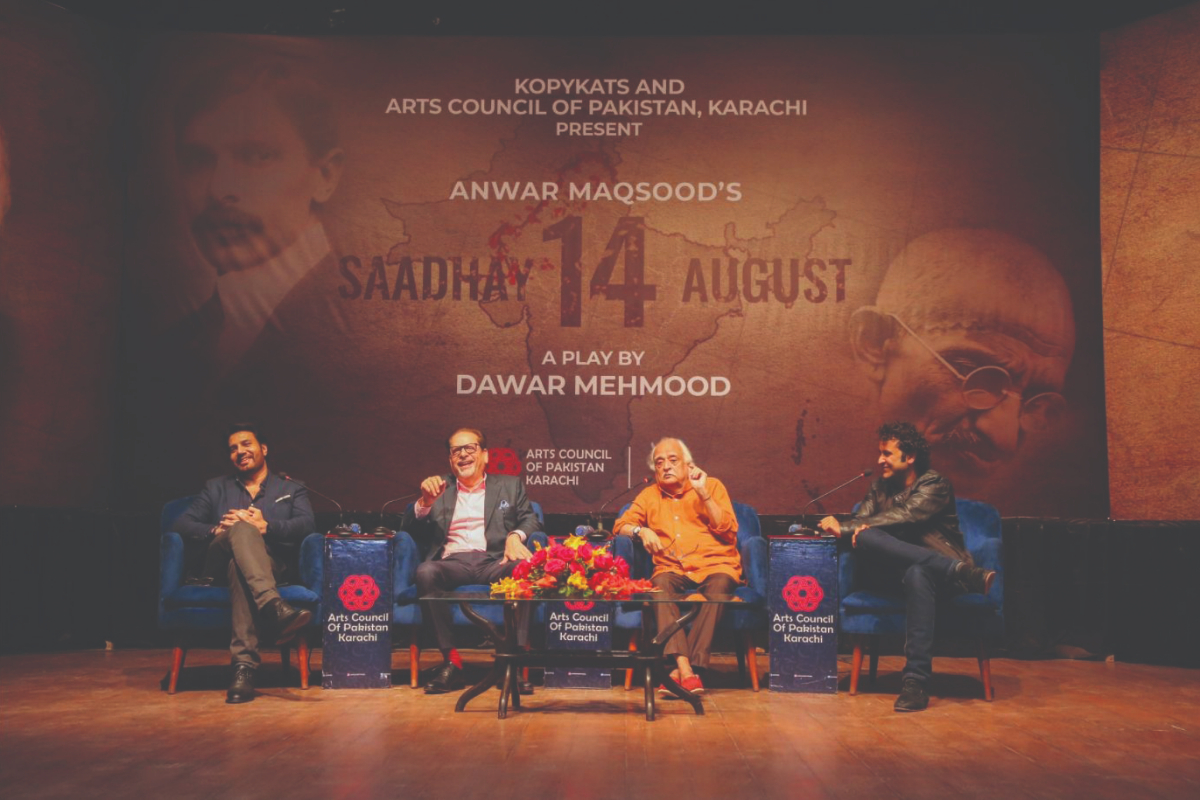
When it comes to a collaborative form of performing art like theatre in Pakistan, there has been nothing to write home about. As things currently stand, the theatrical scene in the country is undergoing some kind of a resurgence yet again, thanks to some riveting theatre shows that were recently staged in both Karachi and Lahore and earned a huge applause from the public.
The history of theatre, one of the oldest traditions in the subcontinent, dates back to the third century, a period which was predominantly ruled by Hinduism. The Hindu religion has had a significant impact on theatre, playing a pivotal role in evolving a unique culture that was emerging along the banks of the River Indus in that period.
Drawing on rich Sanskrit literature, the culture gave rise to a folk tradition as well as a means of artistic expression in South Asia. The rise of commercial theatre in the subcontinent was seen later in the 19th century, when the Urdu drama had taken a centre stage.
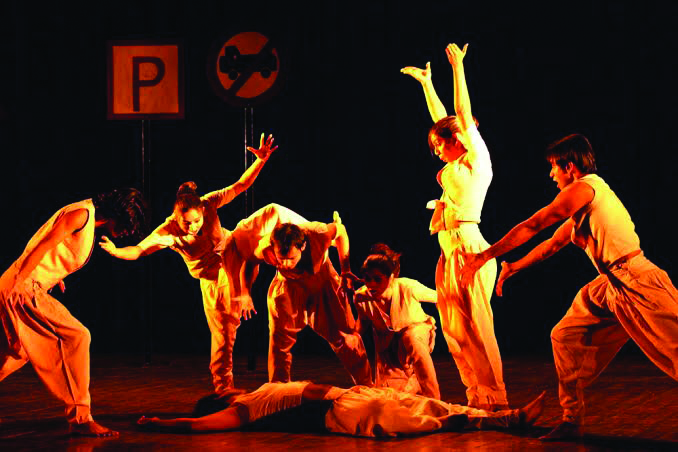
During the British Raj in India, the East India Company took over the local theatre scene. Since most stage plays were now being written in London, the theatre quickly evolved into a socio-cultural tool to impose the English culture, the English language, and its traditions on the brown people of the Indian subcontinent.
Given the fact that the subcontinent seemingly enjoyed its theatrical heyday before the colonial occupation, the rise and fall of theatre in the region, ever since its independence from the British rule in particular, has been subject to scads of factors, both known and unknown.
Since its creation as an independent state in 1947, Pakistan has had two distinct types of theatre: one that is based on adaptations from English and the other meant for local audiences providing them live entertainment in the form of juggats, or sit-in desi-style comedy. At time passed by, a new kind of theatre emerged that prioritised spotlighting contemporary social and political themes over producing slapstick comedies and adaptations from foreign literature. That was supposedly the time when Pakistani theatre reached its pinnacle and stage plays with some thought-provoking content took over as the primary form of entertainment, particularly for the educated class.
Stage dramas flourished in cities like Karachi and Lahore, and such leading names like Khawaja Moinuddin and Zia Mohyeddin came to the fore to characterise the local theatre. The upswing, though, was just momentary, and soon the fall occurred. The 1970s saw restrictions on numerous businesses, including the art and entertainment, as a result of the re-emergence of a dictatorship regime and the ensuing rise of political upheaval across the country.
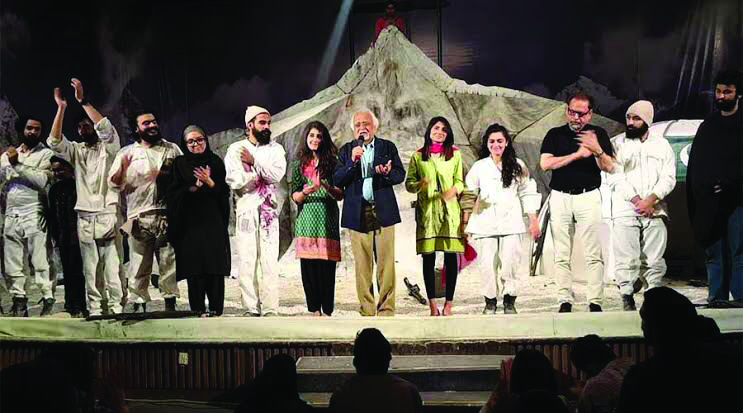
The mainstream theatre, which was previously a major source of public entertainment, is now restricted to private settings only. In a marked contrast, social justice theatre found all the space it needed to flourish, kudos to Tehreek Niswaan and Ajoka Theatre which sprang to the fore despite state repression and crackdown.
Major theatres in Karachi, Lahore, and Rawalpindi were also converted into a mujra joint during that time, a shameful development making a mockery of classic and conventional theatre in Pakistan.
Then came the devastating COVID-19 pandemic, which took a heavy toll on the entertainment industry and theatre was no exception of course. However, after two years of COVID hiatus, the focus of attention is back on theatre fighting a losing battle to regain its lost glory.
Muhammad Ahmed Shah, President, Arts Council of Pakistan, Karachi, believes the pandemic hit them badly as most activities, including theatre, were severely affected. “During such trying times, the Arts Council came forward to support the artistes’ fraternity. Coming back strongly post-Covid, we are now going to re-organise one of the finest theatre plays such as Sadhay Chauda August,” Ahmed Shah added.
“Theatre used to be a platform for great artistic expression, but its gradual commodification led to scripts losing substance and performers choosing money over matter. And why wouldn’t they? After all, highest-paid actors are the ones who are the most talented in the industry,” says Muhammad Qavi Khan, a veteran TV and film actor and stage artiste.
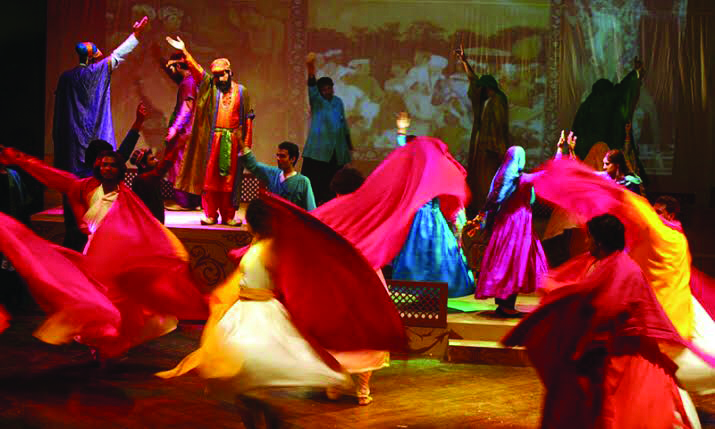
“Theatre performers don’t rehearse with the same diligence that they used to do in the heydays of the industry; now it’s all about the hype generated from movie-like hoardings and fancy production techniques. Most theatre actors of today cannot even read their scripts properly, let alone act them out,” Qavi said.
Anwar Maqsood, Pakistan’’s most celebrated playwright, satirist and act, says During COVID, theatre come to a standstill due to which I stopped writing, however, post COVID I started realising the fact that the inter-disciplinary activities of art and culture are something that entertain people and bring them together, and what could be the better way to restart writing than redoing ‘Saadhay Chauda August’.
“So I picked up my pen and resumed writing a play which I had stopped somewhere in the middle.’ Theatre had come to a standstill and ‘Saadhay Chauda August’ was the sort of play that needed to be staged to a full house. Now with the script is complete, I have told Kopykats Productions that it should only be staged once things are back to normal and theatres fully open.”
According to Faizan Sheikh, a TV and theatre artiste and TV host, “In Pakistan, every individual seems to have played a part in the downfall of theatre – from poor performances to unattended shows as well as non-allocation of budget to the industry.”
Faizan Sheikh believes lack of training institutes is another principal reason behind the downfall of theatre in the country as only the National Academy of Performing Arts (NAPA) is playing a commendable role in this regard. ”In order to promote theatre, we all need to play our part with a much-needed support from the government as well”, he said.
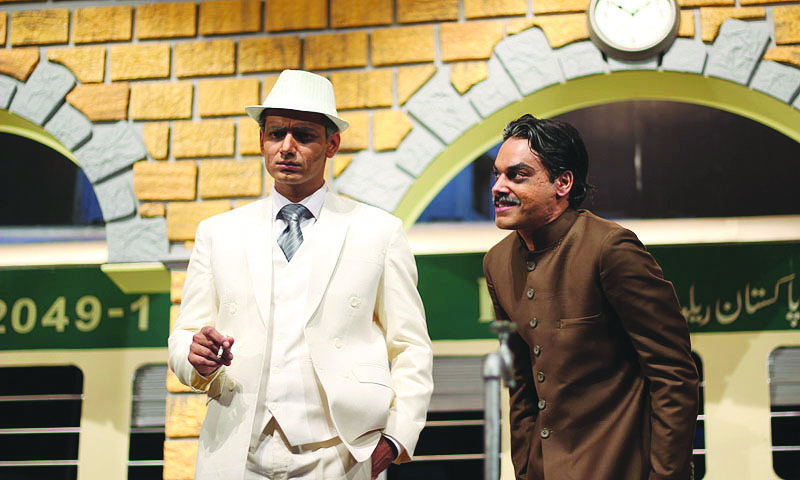
Dawar Mehmood, the CEO of the Kopykats Productions, says it will take some time for theatres to be fully functional, but we do want to begin drawing people back to the stage. “We hope to see a full house for Sadhay Chauda August, which is wil be staged after Eid-al-Adha,“ according to Dawar Mehmood.Though the possibility of a complete revival of theatre and stage drama is low, a series of drastic but sustainable measures needs to be employed to expedite the flow of emerging artistes, provide them a better working environment, and bring more theatre to the public across the country.
Catch all the Breaking News Event and Latest News Updates on The BOL News
Download The BOL News App to get the Daily News Update & Live News.





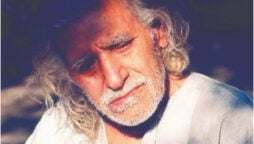
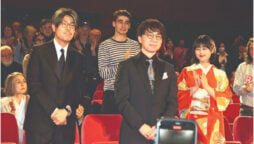





 Read the complete story text.
Read the complete story text. Listen to audio of the story.
Listen to audio of the story.